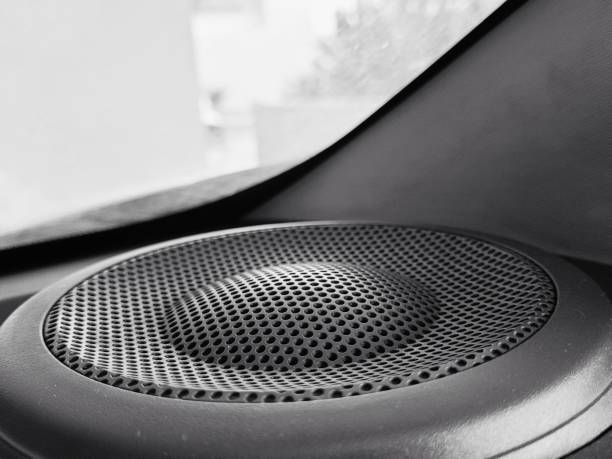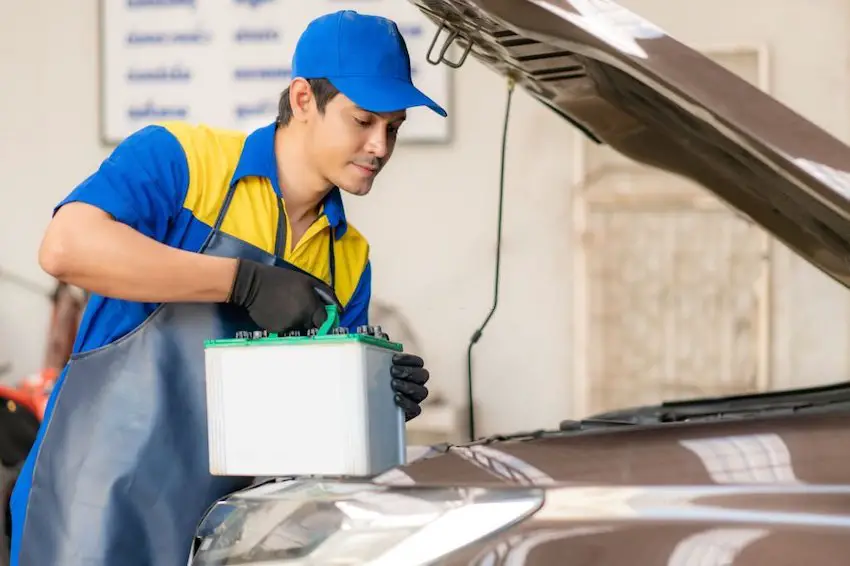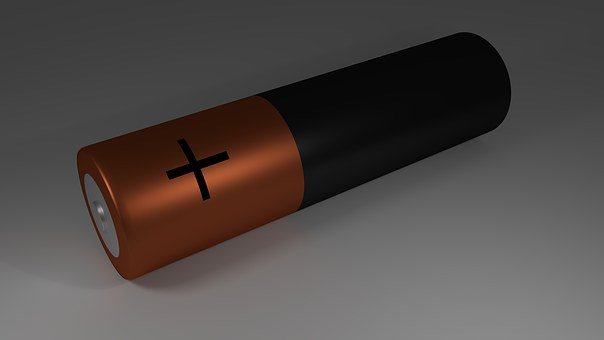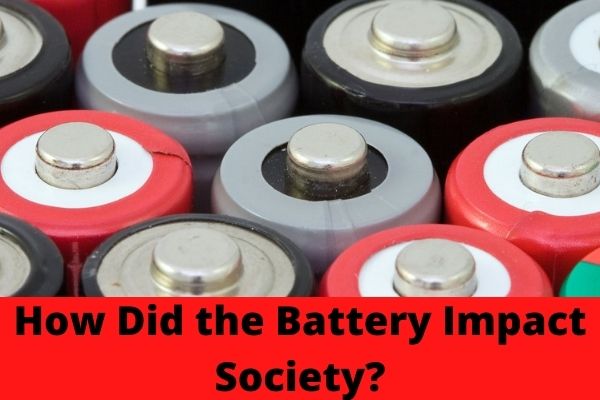When people upgrade their car stereo system, one of the most common complaints is that the amplifier drains the car’s battery quickly. Is the amplifier the actual cause of this issue, though?
So, do amplifiers drain car battery?
Yes, but only if it gives more power than an alternator returns. Uncharged automobile batteries drain quickly when utilizing loud amplifiers. The amplifier will deplete the battery if connected directly to the battery without a stereo remote cable. The amplifier also drains the battery even while the engine is off.
Let’s know about the meaning of this issue and the means to resolve it.

Does Using an Amplifier Drain a Car Battery?
Studies have shown that keeping an amplifier attached to your car’s battery will significantly reduce the battery’s life. It may continue to use power from the battery even if the engine is turned off.
Unless the automobile has a particularly robust audio system, runs on auto-power, or has been on for a lengthy amount of time, the amplifier won’t use more power than it needs.
Why Does My Amplifier Drain My Car Battery?
A car amplifier may drain your battery due to several reasons. But don’t stress! You have several options for fixing the issue.
We will discuss them in detail in the upcoming segments.
Reason 1: Car Audio System Too Powerful For The Battery
When a powerful amplifier is installed, there’s a higher possibility that battery issues will arise. Factory-installed battery capacities are tailored to a certain vehicle’s baseline configuration.
Here is a quick table comparing the drainage rate of the car batteries depending on the most common configurations.
| Amplifier W/Ah Rating | 12V 40 Ah Battery | 12V 45 Ah Battery | 12V 65 Ah Battery |
| 10W/20 Ah | Will Drain Faster | Will Drain Slower | Will Drain Slowest |
| 10W/25 Ah | Will Drain Faster | Will Drain Slower | Will Drain Slowest |
| 10W/50 Ah | Not Compatible | Will Drain Faster | Will Drain Slower |
| 20W/50 Ah | Not Compatible | Will Drain Rapidly | Will Drain Moderately |
Depending on the amplifier power, installing more amplifiers can significantly strain an electrical system.
| Amplifier RMS (Watt) | Amperage needed if the amplifier was 100% efficient | Real amperage needed (at 70% efficiency) |
| 100 | 7 | 10 |
| 200 | 14 | 21 |
| 400 | 29 | 41 |
| 600 | 43 | 62 |
| 800 | 58 | 83 |
| 1200 | 87 | 124 |
| 1600 | 116 | 166 |
| 2000 | 145 | 207 |
| 2400 | 174 | 248 |
| 2800 | 203 | 290 |
| 3200 | 232 | 331 |
| 3600 | 261 | 373 |
| 4000 | 291 | 414 |
A high amount of amperage, above and beyond what is provided by the normal automotive equipment, is shown in the table.
Even the most long-lasting automobile battery will die if the overall amount of current used from it exceeds the amount an alternator can supply.
Thus, power consumption will decrease because it will never be charged unless a radio is on.
Solution: Add A Secondary Battery
A higher RMS rating amplifier must put more demand on the battery. Getting a spare car battery is the quickest and easiest fix. However, you’ll also need to invest in a battery alternator.
A backup battery can be used instead so that your car’s primary battery doesn’t die while powering your amp. Moreover, this is the optimal strategy when employing many amplifiers.
Reason 2: Low Car Battery Health
Low car battery health can be the culprit too. Especially, when you are plugging in a brand-new amplifier with a relatively old battery. The amp might drain out the old battery faster than normal.
To make things easier for you, we are going to explain this with numbers. Here is a table containing common battery ratings and their backup time before draining out.
| Amplifier W/Ah Rating | Brand New | 6-12 months old | 12-18 months old |
| 50W/60Ah | 11 hrs | 8-9 hrs | 5 hrs |
| 100W/60Ah | 5 hrs | 3-4 hrs | 2 hrs |
| 50W/120Ah | 22 hrs | 18-20 hrs | 12-13 hrs |
| 100W/120Ah | 11.5 hrs | 9-10 hrs | 6-7 hrs |
This should help you with assuming the backup time for your battery according to age and health.
Solution: Replace The Old Car Battery
Substituting a new primary battery is your alternative choice. For the amplifier’s sake, make sure this one has at least 13.8 volts.
In addition to the ampere-hours and cold cranking amps, check for any other issues that may have been mentioned in this thread.
These two factors together will guarantee that you have a genuine item. A greater ampere-hour rating will keep the music playing for a longer amount of time. And they will make sure your battery can take the extra power required to run the amplifier.
It will also warn you if your charge is about to drop below the required 7.2 volts in 30 seconds.

Reason 3: Bad Car Alternator
A car’s battery is always supported by an alternator. A bad alternator may also cause the battery to drain out. It will die if the total amperage demand in the vehicle exceeds what the alternator can supply.
As a result, power consumption will decrease because it will never be charged unless the radio is on.
Also, if your alternator is faulty, it will not be able to provide the amperage needed for the system. Hence, a bad alternator will drain out the battery and eventually die.
Solution: Repair/Replace the Old Alternator
You can replace the current alternator if you don’t want to buy a new battery or an extra battery. If you need to power a high-performance amplifier, a regular model’s output of 80-120A should be enough.
However, if that is not the case, a new alternator will be your only option. This choice will protect your battery from overuse and guarantee that it receives a charge while you travel.
How To Stop A Car Amplifier From Draining A Car Battery?
If your car amplifier is draining the life out of your car battery, worry not. You can fix it in 5 simple steps. We have simplified them below;
Step 1: Set the Car to Static
You will need to investigate the system’s inner workings, such as its wiring. Turn off the car’s engine and park in a safe place.
Step 2: Check the Wires
It’s possible that the wiring for the new stereo system won’t be sufficiently tight or compact after installation. Also, the stereo system is likely to suffer significant wear and tear after extensive use.
So, inspect the wire connections and make sure they are secure. If the wiring is faulty, the amp will be draining power when off.
Take apart the control panel with a screwdriver and similar equipment to inspect the electrical system. Carefully set the stereo down on the plush seats or another suitable surface as you open it.
Keep your hands off the wires in case you accidentally rip them. Even a trickle charge may ruin the battery.
The anode of the battery should be linked to the black wire and the cathode to the yellow wire. Finally, join the red wire to the starter.
Step 3: Examine the Fuse Box
There are two different types of fuses in the fuse box. Constant fuse and alternative fuse.
More current will be drawn from the battery if the wires are connected to the constant fuse. In order to avoid the automobile audio from using too much power, make sure the connections are made to the backup fuse.
After turning off the car’s engine, you can use your tester to see if the current is still flowing. Do this by touching the exposed metal to the ground. The fuse box’s alignments might need a reset.
Step 4: Check the Battery Requirements
Typically, the expected battery life is listed on the reverse. When you take it out of the slot, you should be able to see it.
Check that the battery you’re using can power the stereo. You should set up a backup power supply if your audio has a high energy requirement.
A new sound system installation is the only time this sort of thing goes wrong.
Step 5: Check The Stereo Circuit
Check the stereo circuit with the tester to see if electricity is flowing through it. A faulty circuit will end up in car stereo draining when off.
It would be impractical and expensive to fix the entire stereo system in this case. If you don’t want to break the stereo, you need to be careful.
How long Will Your Car Stereo Amplifier Run on Battery Power?
Here is a table to assume the battery backup time according to battery capacity and amplifier capacity.
| Battery Capacity | Audio Amplifier System Capacity | Backup Time |
| 48Ah | 5 Amp | 9.6 hrs |
| 45Ah | 5 Amp | 9 hrs |
| 48 Ah | 10 Amp | 4.8 hrs |
| 45 Ah | 10 Amp | 4.5 hrs |
| 40Ah | 5 Amp | 8 hrs |
| 40 Ah | 10 Amp | 4 hrs |
Do Subwoofers Drain the Car Battery?
You can run most subwoofers off of a regular automobile battery. However, the alternator must bear the brunt of the load if your battery capacity is inadequate.
If you have presumably bought a sub because you wanted a more powerful bass response, then this is certainly the case. Consequently, many people go out to find the exact number and size they need.
Similarly, when the music literally or figuratively blasts the roof off the vehicle, it’s a great idea. However, the power rating isn’t the only thing to consider when purchasing a subwoofer. A bit of math is required, but that is the only way to guarantee a louder output.
An amplifier with a 1,200-watt RMS rating is required for a 105-amp alternator. That offers you a good middle ground with a fuse rating of 120-150 A.
Of course, the amp’s performance also depends on how you operate it. Alternator upgrades are a necessity if you want the celebration to continue.
How To Test Battery & Amplifier Compatibility?
The easiest way to determine the battery’s and alternator’s states of health is to have them tested.
You can do the test yourself at home with just a voltmeter, 5 minutes, and the help of a friend who can crank your engine to get a reading.
Be sure that both battery terminals are free of corrosion before running the test. Corruption on the terminals necessitates cleaning.
Separate the leads, clean them with sandpaper, and reassemble them. It does a great job of removing dust off sandpaper with 100 or 120 grit. Follow that up by spraying WD40 on both of them. The rusting of terminals can be avoided in this way.
If the wires to your alternator fit snugly in their compartments, you should check them for corrosion. Battery charging issues can be avoided by ensuring the alternator belt is properly secured.
To test the compatibility, follow these steps accordingly;
- You should run it with the lights on for around two minutes. Do not activate any car electronics, including the radio.
- Input a value greater than 12V DC into the voltmeter. The voltage can range from 16V to 20V, depending on the design.
- Join the positive battery terminal with the red voltmeter wire.
- Insert the black probe of a voltmeter into the negative battery terminal (ground). A good battery will register on the voltmeter at a voltage higher than 12.4V, and preferably closer to 13V.
- Start the engine without disconnecting the voltmeter; the reading should drop to about 10V during cranking, then spike back up to more than 13V afterward.
The battery is weak if the voltage dips below 10V when you start the engine. Additionally, if the voltage in your battery falls below 6V, it is no longer functional. You must replace the battery to avoid further damage.
The alternator is functioning properly if the voltage readings are consistent. The voltage should be between 13.2V and 14.7V and the engine is starting and running without any problems. There is no need for an alarm; everything is running smoothly.
FAQs
How Many Amps Will Drain A Car Battery?
For small vehicles, the figure is 400 amps. For large ones, it will take around 100 amps to drain a car battery. The parasitic draw also comes into play. A modern automobile’s parasitic current draw is typically between 50 and 85 milliamps.
Do I Need A Capacitor For My Car Audio?
You will need a capacitor only if your car stereo has a power surge. This can be tested by dimming the car lights. If you regularly experience power surges, the capacitor is a temporary fix. Instead of trying to boost the current battery capacity, you might want to think about adding more batteries.
How Do You Know If My Amp Is Off?
The sound quality of your output will degrade noticeably. When the music system is turned on but no sound is coming out, you know the amp is turned off. Even if there is sound but no distortion, the final product will nevertheless feature an odd noise pattern in addition to the music.
Conclusion
That will be all on the Do Amplifiers Drain Car Battery. We trust you enjoyed this article and that you were able to find an answer to your question.
Don’t forget to check your voltage every now and then. Have a great time with your amplifier.
See you soon.


